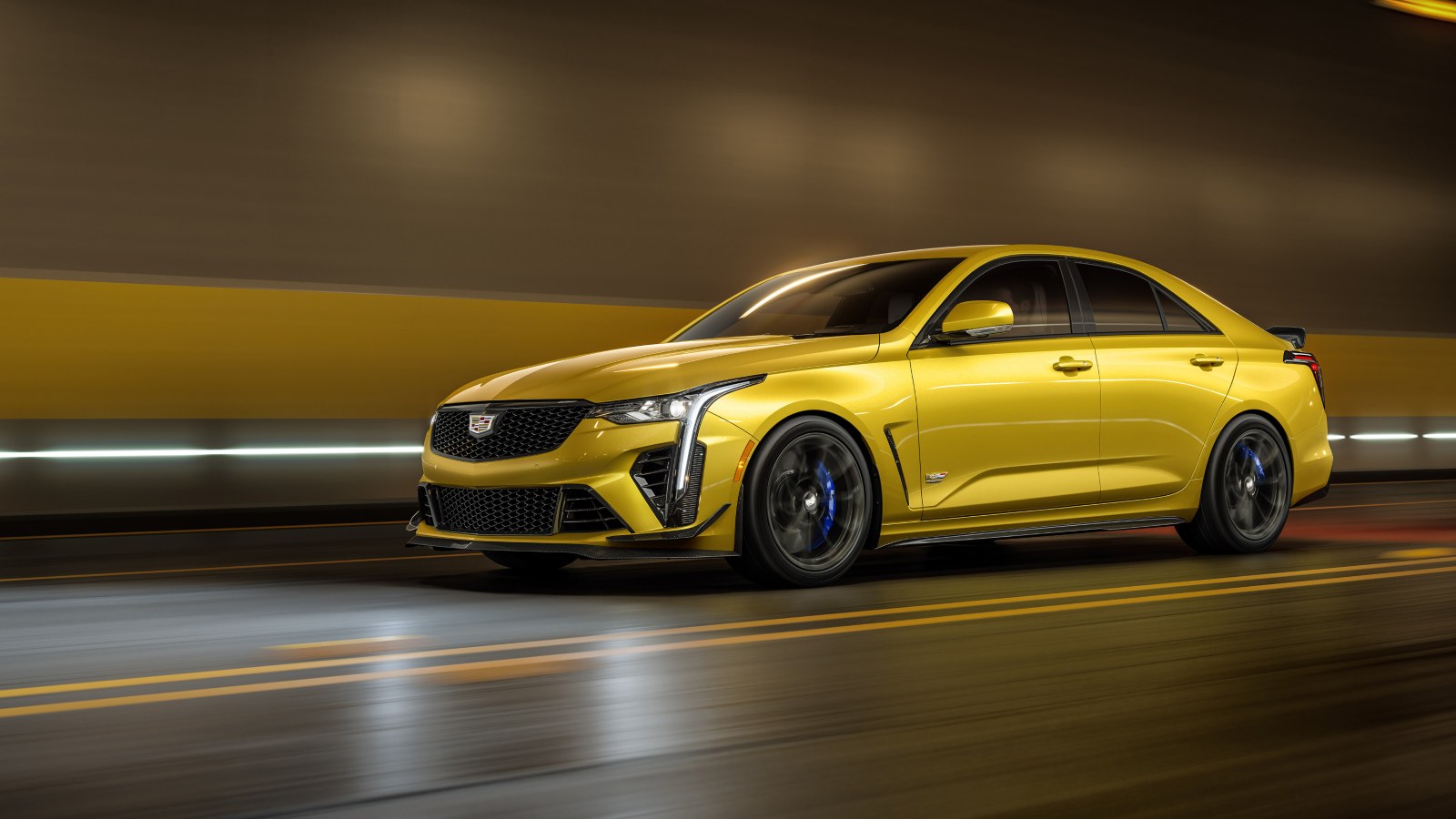The gleaming chrome, the whisper-soft purr of the engine, the sheer elegance cruising down the boulevard—this is Cadillac. But amidst the lineup of hits, there are some that have faded into obscurity. Today, we’re taking a trip back in time to shine a light on 15 Cadillac models that, though no longer in production, offer a glimpse into the brand’s diverse history. From the iconic to the overlooked, each of these forgotten beauties has its own story to tell, reminding us that in the world of automobiles, not every ride is a classic, but every ride has its place in the journey.
ATS Coupe
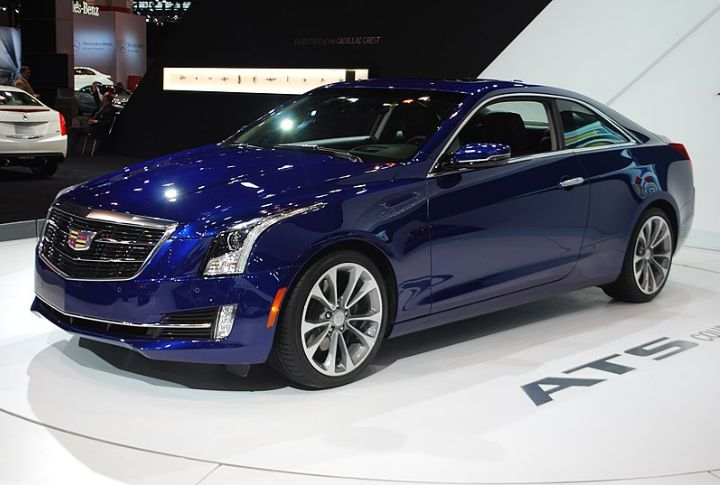
The Cadillac ATS Coupe, introduced in 2015, was designed to compete with the BMW 4 Series and Audi A5. It offered turbocharged four-cylinder and V6 power plants and manual and automatic transmission options. Despite its initial acclaim, Cadillac discontinued the ATS Coupe in 2019 as part of a broader restructuring effort.
ELR
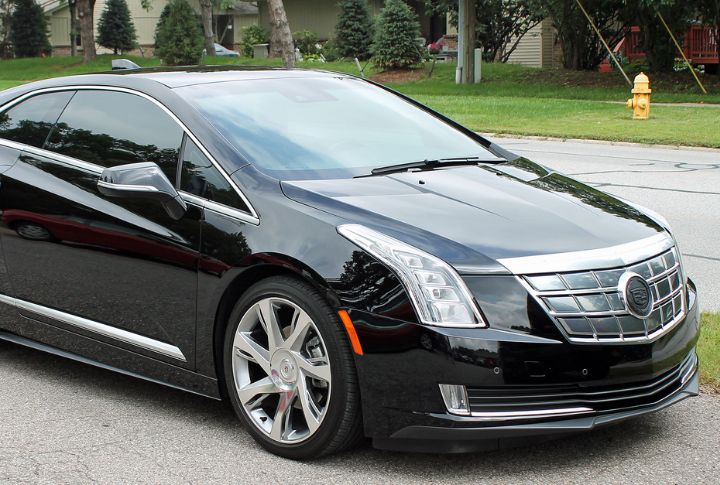
Manufacturers of the Cadillac ELR built the auto on the Chevrolet Volt platform but offered a more upscale experience with its Cadillac features. With advanced technology, the ELR aimed to blend performance and efficiency, featuring a 1.4-liter gasoline engine paired with an electric motor. However, the vehicle’s high price tag and shifting consumer dynamics deterred some buyers, leading to its discontinuation in 2016.
CTS-V Coupe
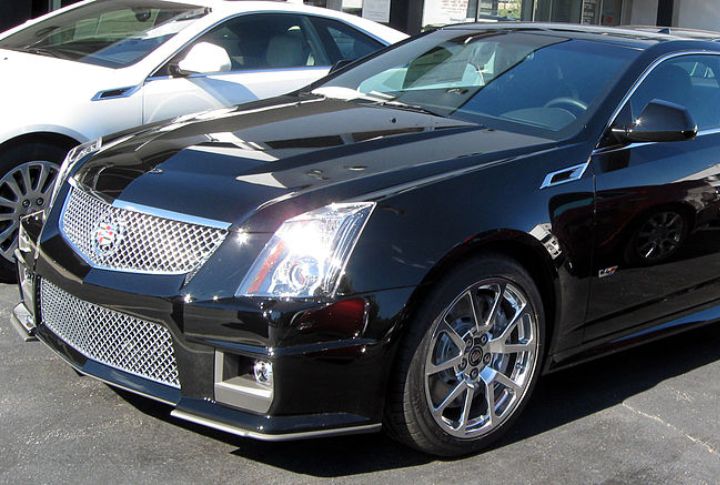
Due to its 6.2-liter V8 engine producing about 560 horsepower and 551 lb-ft of torque, the CTS-V Coupe could accelerate from 0 to 60 mph in four seconds. Its aggressive build, bold grille, and rear spoiler made it outstanding. The decision to discontinue the CTS-V’s production was part of Cadillac’s strategy to focus on newer economic trends.
XLR
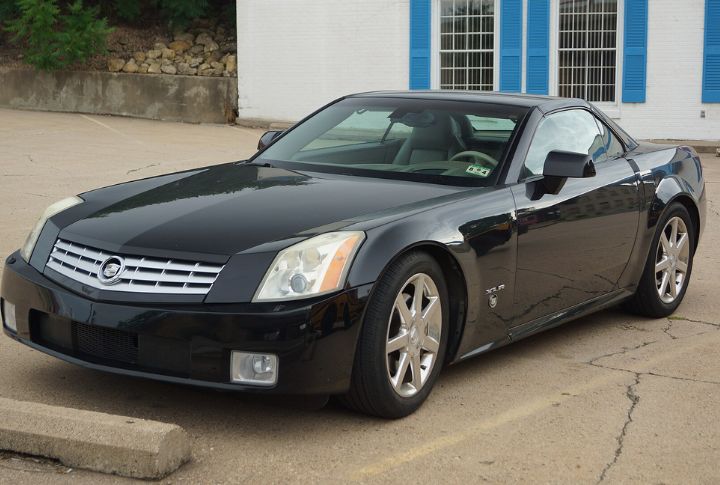
Several amenities, like heated and cooled seats, adaptive cruise control, and a navigation system, distinguished the XLR and targeted the upscale market segment. The automobile had a 4.6-liter Northstar V8 engine and a five-speed automatic transmission, delivering 320 horsepower and 310 lb-ft of torque. In 2009, Cadillac discontinued the XLR due to declining demand and the economic downturn.
Eldorado
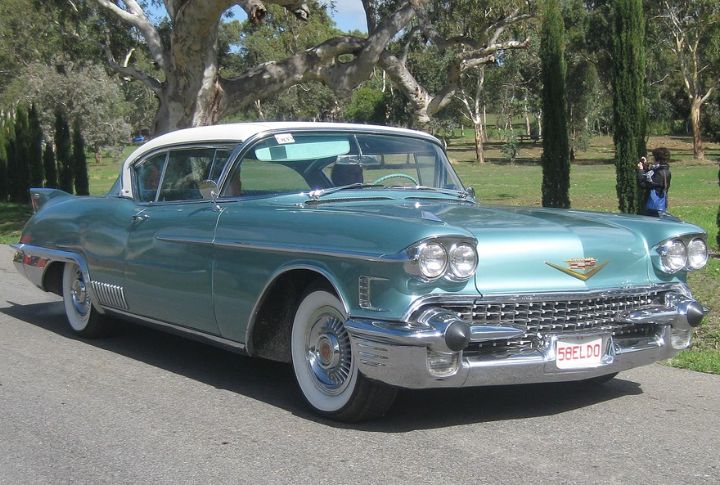
After its debut in 1953, the Eldorado became a symbol of prestige, featuring a powerful V8 engine and several innovative accessories. Notably, the 1957 Eldorado Brougham featured innovative air suspension and cruise control systems. However, as consumer preferences shifted towards smaller, more fuel-efficient vehicles, the Eldorado faced challenges in the market, and production eventually stopped in 2002.
CT6
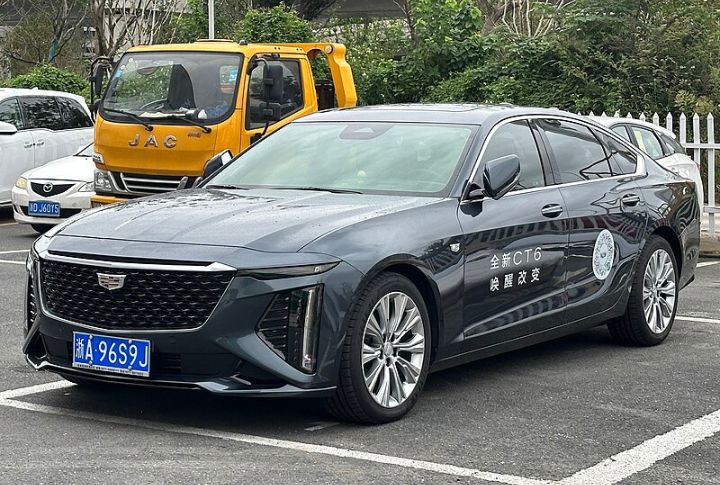
With a lush design and cutting-edge technology, the CT6 aimed to redefine Cadillac’s image and elevate its presence in the luxury car segment. A key highlight was the Super Cruise, allowing hands-free driving on compatible highways. While the car received positive reviews for its performance, it faced stiff competition, leading to its discontinuation in 2020.
CTS Sedan
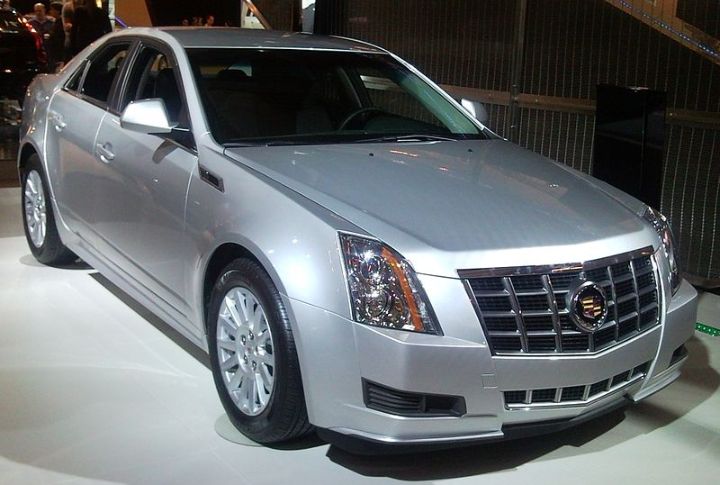
The Cadillac CTS sedan emerged in 2002 and gained recognition for its sharp styling, luxurious interior, and dynamic driving dynamics. Over the years, it underwent various updates, with each iteration refining its performance and features to keep up with evolving demands. However, Cadillac discontinued the CTS sedan in 2019 to restructure its sedan lineup.
XTS
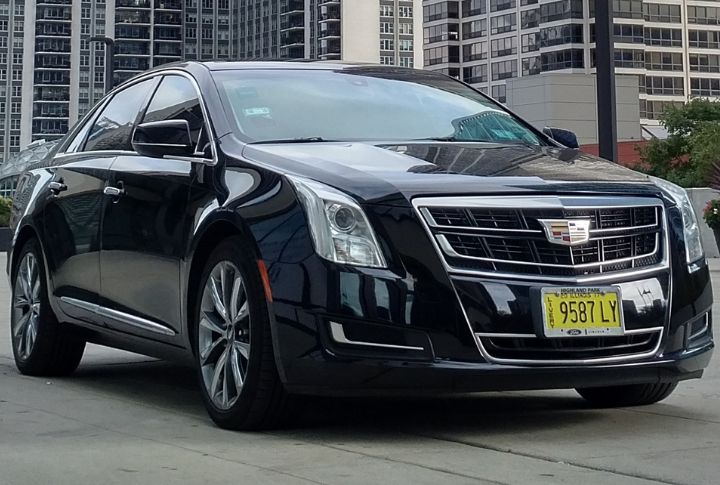
With its front-engine, front-wheel-drive layout, and optional all-wheel drive available, the XTS combined classic Cadillac styling cues with modern elements. Initially, it offered a 3.6-liter V6 engine with a six-speed automatic transmission. Later iterations had the more powerful twin-turbocharged V6. Production ended in 2019 as part of Cadillac’s strategy to direct their focus on SUVs and electric vehicles.
ATS Sedan
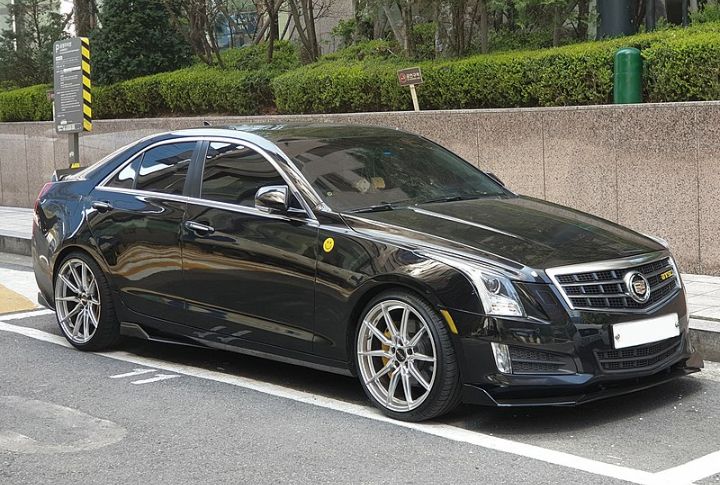
Though the ATS Sedan lived a short five years, several remarkable things about it remained. Cadillac introduced the car in 2013 to rival German and Japanese contenders. It displayed a lightweight architecture and several potent engine choices. By terminating the ATS’ production in 2018, Cadillac made way for the CT4 sedan.
STS
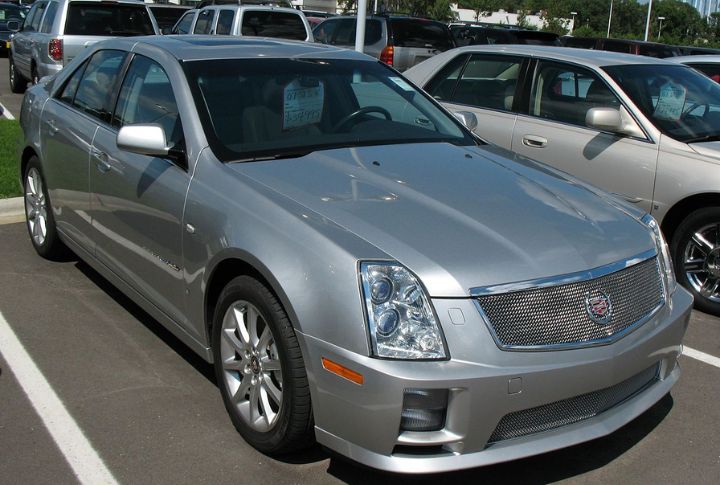
The Cadillac STS, short for Seville Touring Sedan, was a comfort sedan produced by General Motors under the Cadillac brand. Introduced in 2004, it competed against the BMW 5 Series and Mercedes-Benz E-Class. The STS featured a sleek design, innovative engineering, and robust V6 and V8 engine variants. Declining sales, however, led to the car’s demise in 2012.
DTS
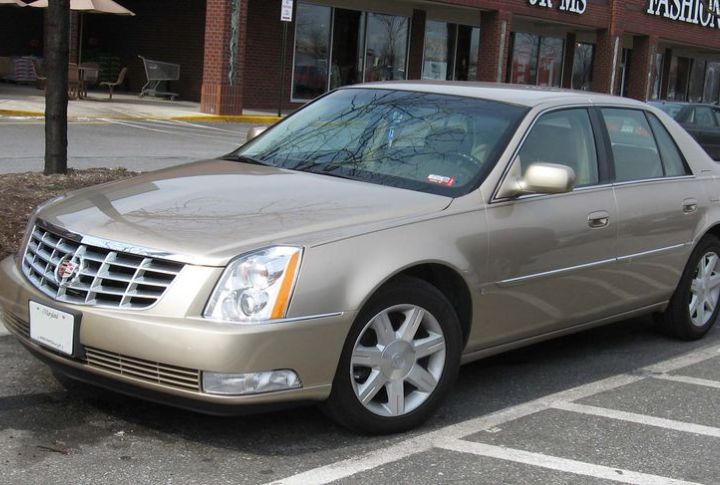
Debuting in 2005 as a replacement for the DeVille, the DTS aimed to blend comfort with Cadillac’s tradition of luxury. It inherited design cues from its predecessor and possessed leather upholstery and advanced technological accessories. Nevertheless, as consumer tastes shifted towards smaller, more fuel-efficient vehicles, the demand for large sedans like the DTS declined. Its manufacture ended in 2011.
Seville
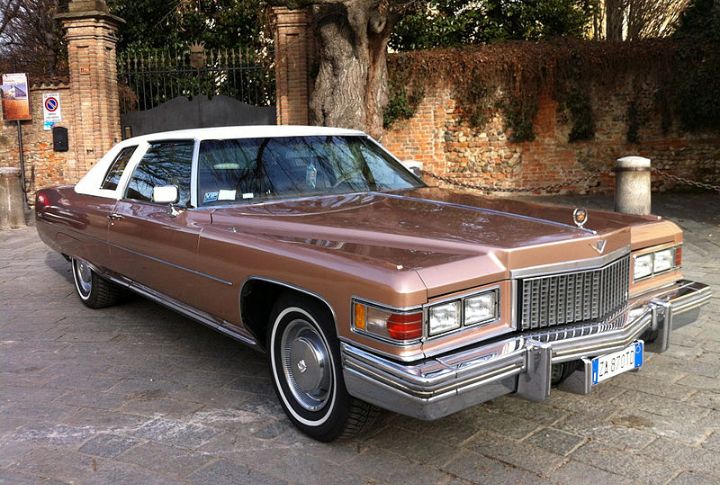
The introduction of the Seville in 1975 marked a departure from the large convenience cars of its time. Meticulously designed to compete with European luxury sedans, the vehicle featured an agile chassis while offering Cadillac’s trademark comfort. The Seville continued to evolve over the years until, due to changing preferences, it rolled off the assembly line in 2004.
SRX Crossover
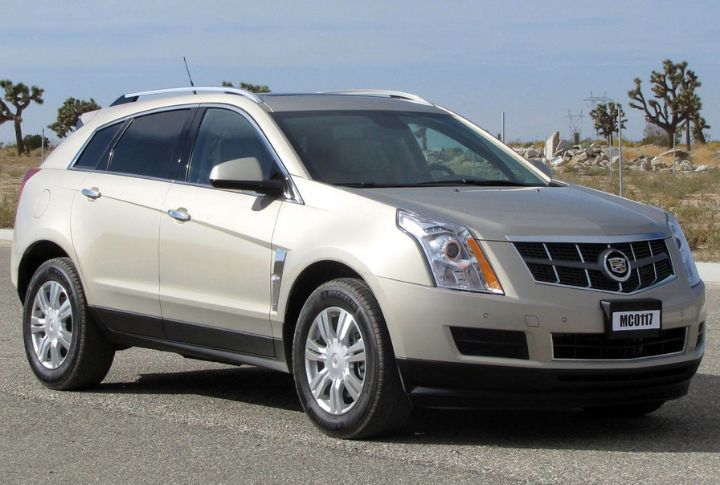
Initially equipped with a V6 engine, the SRX Crossover switched to a powerful V8 option, catering to a broader range of preferences. Over the years, it received updates to its structure and technology, keeping it competitive in the ever-evolving SUV market. The car left the stage in 2016 to make way for the more technologically advanced Cadillac XT5.
Escalade Hybrid
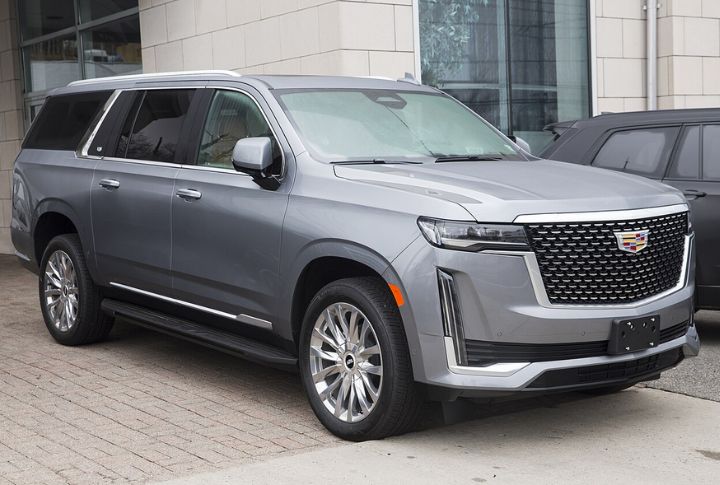
Representing a fusion of convenience and eco-consciousness, the Escalade Hybrid hoped to marry the indulgence of the Escalade brand with improved fuel efficiency. Its 6.0-liter V8 engine, electric motors, and a battery pack delivered impressive fuel economy. However, hefty price tags and the emergence of all-electric SUVs diminished the appeal of the Escalade, leading to its discontinuation in 2013.
CTS Sport Wagon
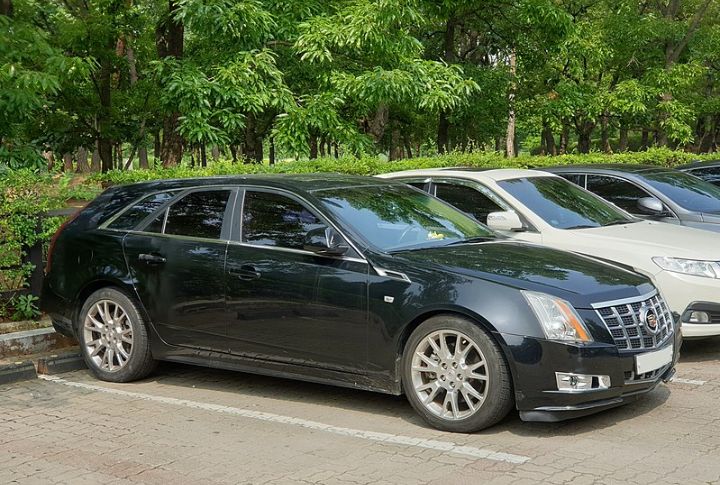
The Cadillac CTS Sport Wagon retained much of the CTS sedan’s styling cues but added a versatile cargo area. Its hood housed a potent V6 and a turbocharged V6 engine in later variants. Notwithstanding the Wagon’s favorable reception, Cadillac stopped producing the CTS Sport Wagon in 2014 due to declining demand for wagons in the luxury segment.

